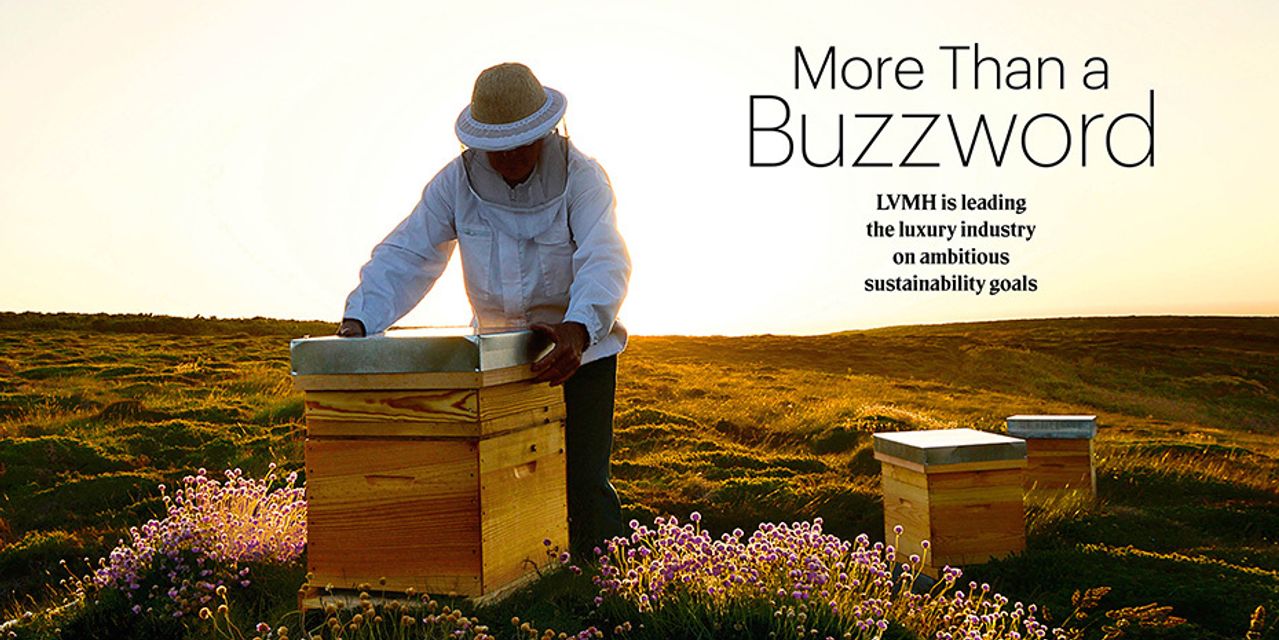Whether it’s an apple in your hand or a gold watch on your wrist, most people don’t consider the origin of things they buy.
When we talk about climate change in regard to products, it’s most often about what happens to them after we use them. We separate plastics and cardboard for the trash, and we take a little more effort to dispose of cellphones and laptops. And then we hope that they’ll all wind up where they’re supposed to in the recycling process.
The origin of the products we use and the clothes and accessories we wear isn’t always at the top of our minds. But when it comes to sustainability and protecting the environment, the start of the process is just as important as the end.
That’s why in this latest edition of Penta (you can read the entire magazine here), our annual changemakers issue, senior writer Abby Schultz, has profiled LVMH, the group that includes Louis Vuitton, Christian Dior, and Moët Hennessy, and how it’s become a leader in the luxury industry with its environmental goals.
The group’s initiatives may seem new, but its move toward sustainability really began 30 years ago, when
Bernard Arnault,
the brand’s co-founder, chairman, and CEO, created an environmental development unit.
As Arnault’s eldest son, Antoine, chief executive of LVMH’s holding company, told us, LVMH preferred to not make headlines about its sustainability goals, saying “it wasn’t something that would really interest either our consumers or opinion makers, and it’s something that we did quietly,” he said.
This admitted silence backfired, opening the group to criticism that it was behind other luxury brands in producing sustainable products, the story explains. In reality, though, the company has been subtly pioneering methods of producing in environmentally friendly ways. Take for instance LVMH’s cosmetics brand Guerlain, which not only uses bio-based and recycled plastics, it’s also committed to preserving biodiversity, which is essential to bees.
Today, the group very much wants the world to know about the progress it’s made.
You’ll also read about other changemakers in this issue of Penta, including Patti Wong. The former international chairman of Sotheby’s is now leading Asia’s first full-service art advisory firm with a former colleague Daryl Wickstrom.
“I’m trying to build up not just a business for myself, but really for the community,” Wong says of her new endeavor, in which she counsels collectors in their purchases of artworks and the world’s most precious stones.
Also in this issue, you’ll read about another changemaker, Argentine chef Mauro Colagreco, who’s made sustainability a core ingredient of dishes and restaurants; the increasing popularity of seaplanes for private fliers; the wildest requests luxury concierges have gotten—and fulfilled; how impact investing is evolving at a breakneck pace; and much more.
Read the full article here




